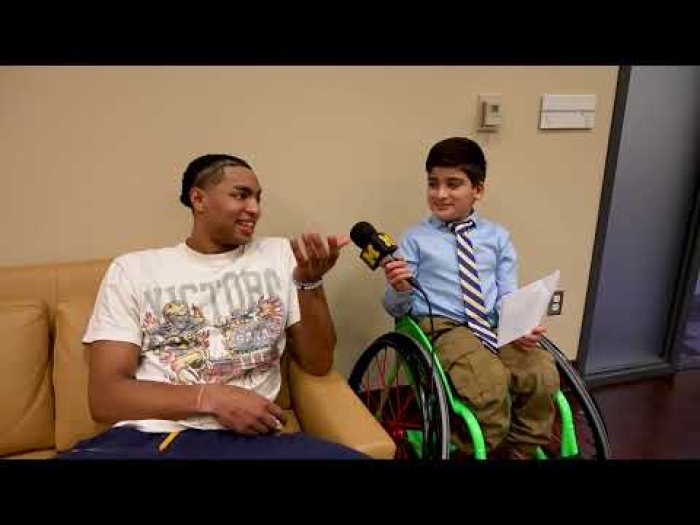
Health Lab
Rollverines team helps build strength, confidence for those unable to play able-bodied basketball.
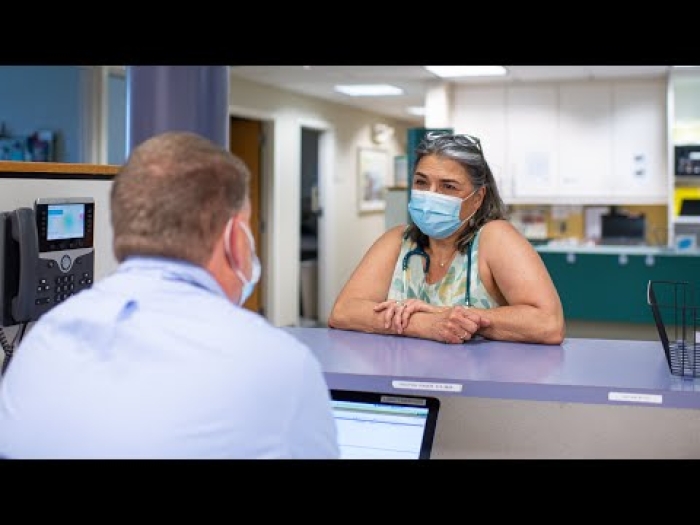
Health Lab
The MC3 program provides psychiatric expertise on-demand to primary care providers in Michigan as they manage mental health conditions in young or pregnant patients
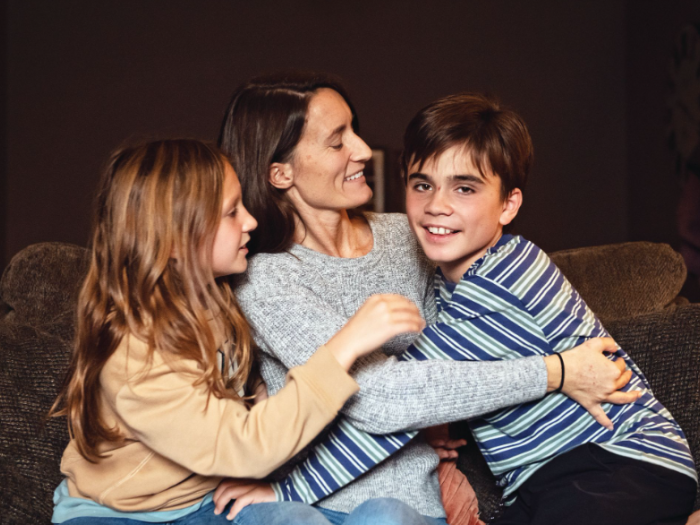
Medicine at Michigan
The journeys of behavioral health patients at C.S. Mott Children’s Hospital are not easy, especially in the midst of a national children's mental health crisis. But families and health care providers are doing their best for the children and adolescents they love.
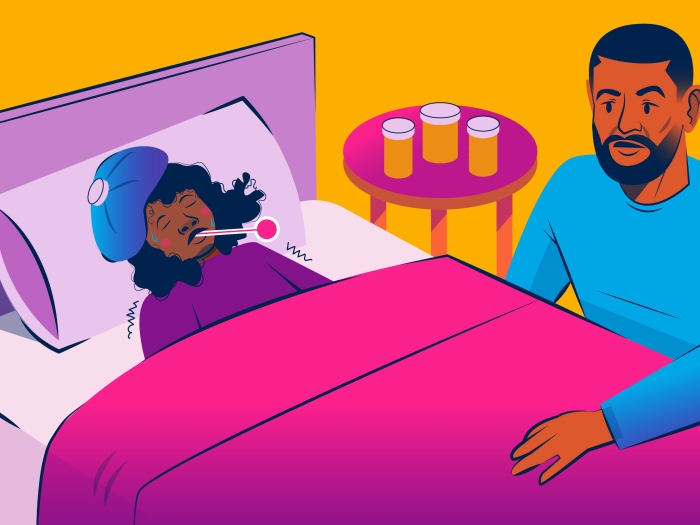
Health Lab
Five things to know about fevers in kids.
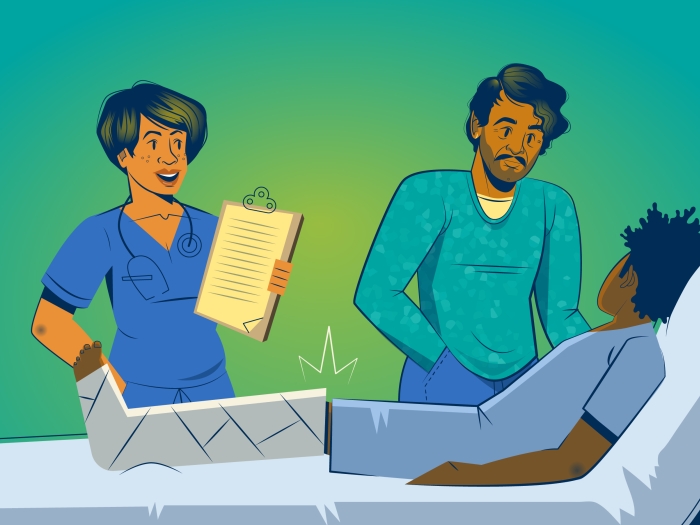
Health Lab
New effort responds to concerns about opioid overdose, misuse and side effects in kids; Expert shares 8 things parents and pediatric surgeons should know
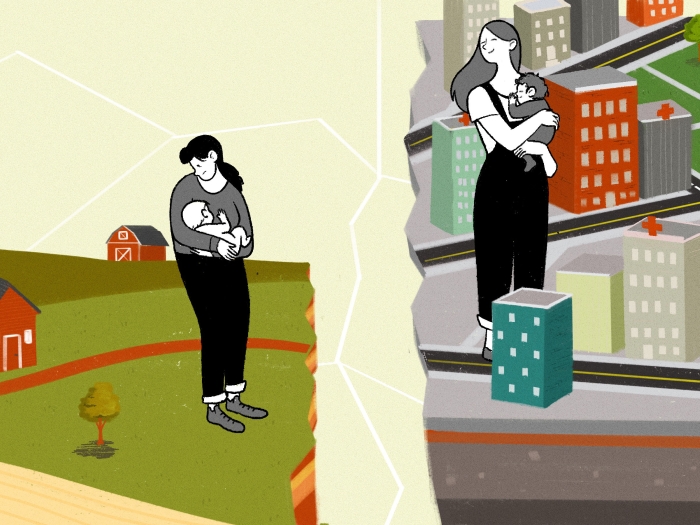
Health Lab
Rural residents have lower rates of continuous health insurance before, during and after pregnancy compared to those in urban cities
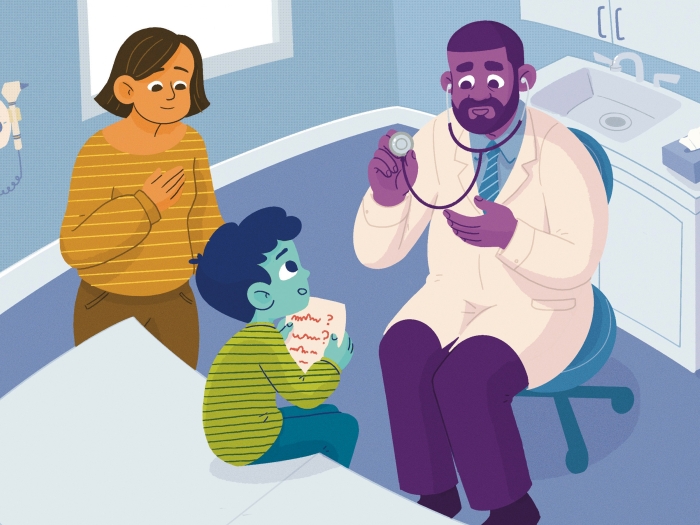
Health Lab
While many parents keep recommended well visits with their child’s primary provider, some may consider more proactive steps to make checkups as productive as possible

Health Lab Podcast
A pediatrician answers top questions about the updated coronavirus vaccine authorized for children ages six months to six years.

Health Lab
A pulmonologist discusses the risks and offers tips for protecting your health in your home
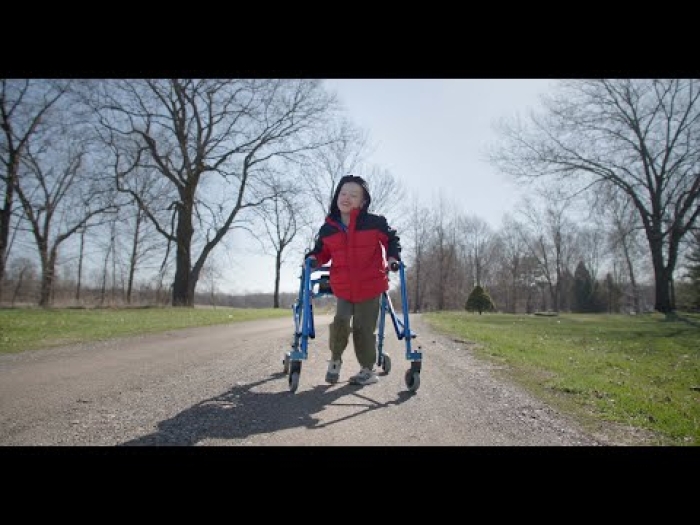
Health Lab
The spinal nerve procedure has been shown to provide an effective decrease in muscle spasticity long term.

Health Lab
A review of maternal deaths suggests most individuals had documented behavioral health conditions but only one-third received appropriate pharmacologic treatment before death
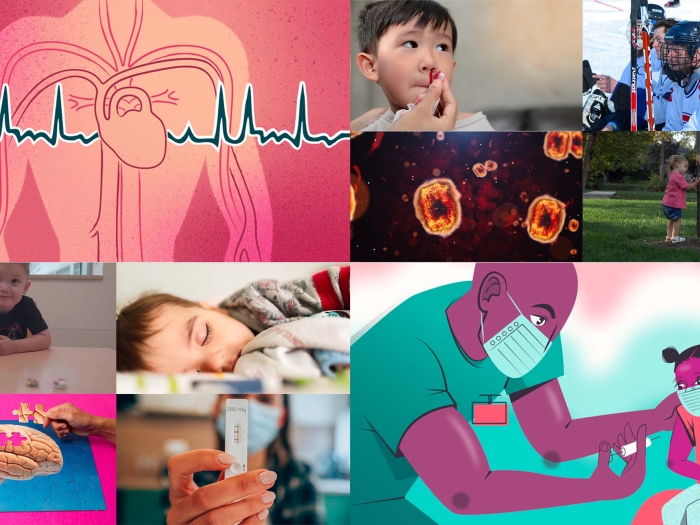
Health Lab
Here’s what topics resonated with most readers of the Michigan Health blog. Can you guess what they were?
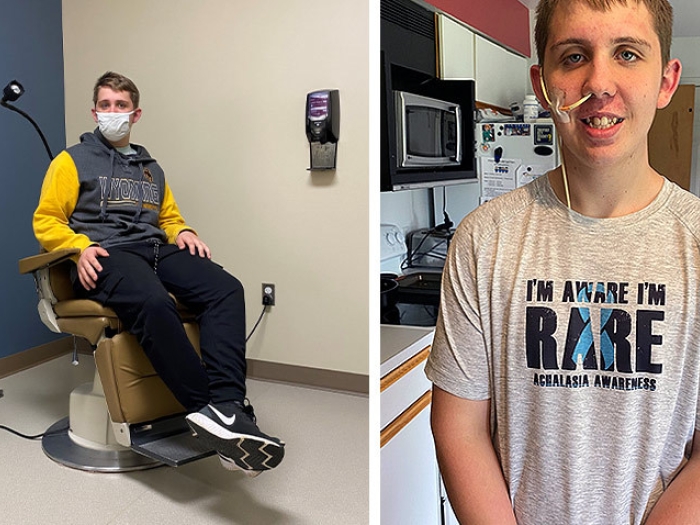
Health Lab
C.S. Mott Children's Hospital is among few sites in the country to now offer non-surgical “POEM” procedure for pediatric patients to treat swallowing disorder achalasia.
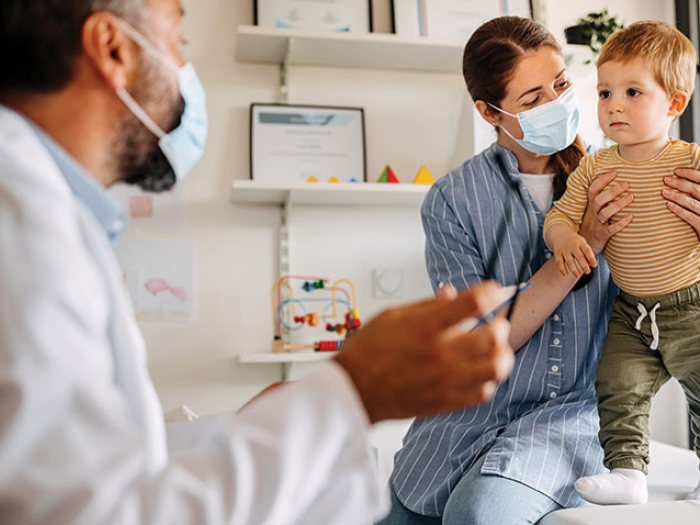
Health Lab
A pediatrician answers top questions about the updated coronavirus vaccine authorized for children ages six months to six years.
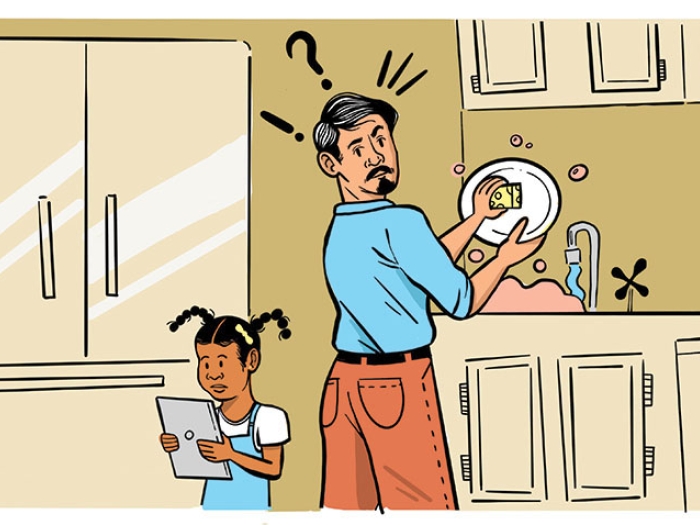
Health Lab
Smartphones and tablets may help calm down a preschooler short term but could reduce opportunities to practice emotional coping skills, a study suggests.